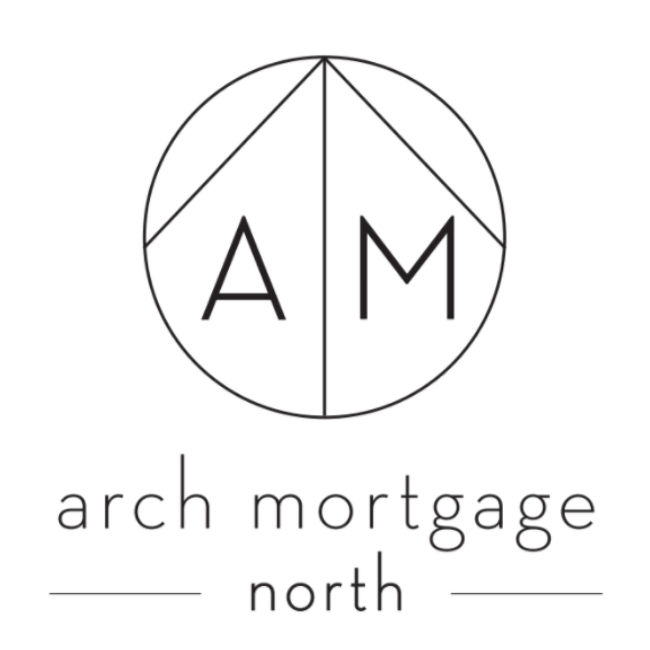Loan Programs
Conventional Loans
A conventional loan is any mortgage which is not guaranteed or insured by the federal government. Conventional loans were the first traditional mortgage loans made by local lenders. The loans were held in the lender’s investment portfolio until they were either paid in full or foreclosed upon. Although it enabled the borrower to build a business relationship with the lender, this practice was generally not in the lender’s best financial interest. When rates rose, lenders found themselves in the position of receiving below-market interest on their loans, in addition to not being able to recycle the funds to lend to other borrowers.
Conventional Financing:
Minimum Down Payment Requirement: 3% of purchase price (gift funds allowed from relative)
Monthly Mortgage Insurance amount is based off credit score and down payment amount
With a down payment of 20% or more, monthly mortgage insurance is not required
FHA Loans
An FHA loan is a loan insured against default by the FHA. In other words, the FHA guarantees that a lender will not have to write off a loan if the borrower defaults, the FHA will pay. Because of this guarantee, lenders are willing to make large mortgage loans. Learn more about FHA loans here.
FHA Financing:
Minimum Down Payment Requirement: 3.5% of purchase price (Gift funds allowed from relative)
FHA Upfront Mortgage Insurance is 1.75% of loan amount and financed into the loan
FHA Monthly Mortgage Insurance is .85%
VA Loans
The VA Loan became known in 1944 through the original Servicemen’s Readjustment Act also known as the GI Bill of Rights. The GI Bill was signed into law by President Franklin D. Roosevelt and provided veterans with a federally guaranteed home with no down payment. This feature was designed to provide housing and assistance for veterans and their families, and the dream of home ownership became a reality for millions of veterans. The GI Bill contributed more than any other program in history to the welfare of veterans and their families, and to the growth of the nation’s economy.
VA Financing:
No down payment required
VA Upfront 1st Time Funding Fee 2.15% (some veterans are exempt from this fee – check with VA to find out if you are exempt)
No monthly mortgage insurance required
Jumbo Loans
In the United States, a jumbo loan is a mortgage loan that may have high credit quality, but is in an amount above conventional conforming loan limits. This standard is set by the two government-sponsored enterprises, Fannie Mae and Freddie Mac, and sets the limit on the maximum value of any individual mortgage they will purchase from a lender. Fannie Mae (FNMA) and Freddie Mac (FHLMC) are large agencies that purchase the bulk of U.S. residential mortgages from banks and other lenders, allowing them to free up liquidity to lend more mortgages. When FNMA and FHLMC limits don’t cover the full loan amount, the loan is referred to as a jumbo mortgage.
Jumbo financing:
A loan is considered jumbo if it exceeds the conforming and conforming high-balance loan limits: The current conforming loan limit for a single-family home is $726,200
Refinancing
Refinancing refers to the replacement of an existing debt obligation with a debt obligation under different terms. The most common consumer refinancing is for a home mortgage.
If the replacement of debt occurs under financial distress, it is also referred to as debt restructuring.
A loan (debt) can be refinanced for various reasons:
To take advantage of a better interest rate (which will result in either a reduced monthly payment or a reduced term)
To consolidate other debt(s) into one loan (this will result in a longer term)
To reduce the monthly repayment amount (this will result in a longer term)
To reduce or alter risk (e.g. switching from a variable-rate to a fixed-rate loan)
To free up cash (this will result in a longer term)
USDA Loans
USDA loans are mortgages backed the U.S. Department of Agriculture as part of its USDA Rural Development Guaranteed Housing Loan program. USDA loans are available to home buyers with below-average income, offer 100% financing with reduced mortgage insurance premiums, and feature below-market mortgage rates.
USDA Financing:
Eligible areas vary by county
No down payment required






